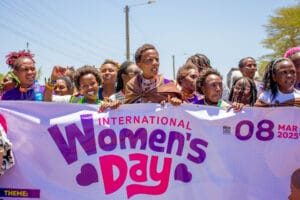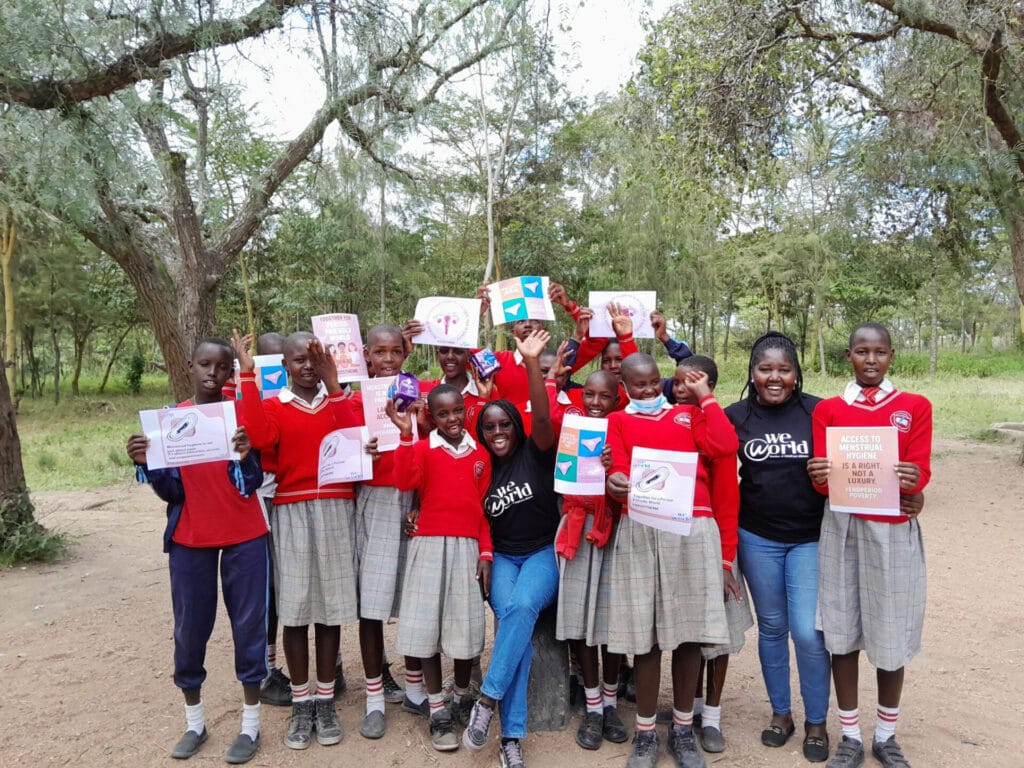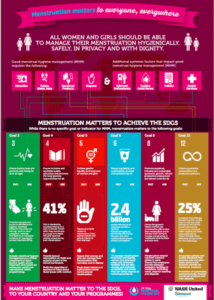
On July 25, the world commemorates the International Day of Women and Girls of African Descent, a day dedicated to celebrating the achievements, culture, and resilience of women and girls of African heritage, while also confronting the structural inequalities they continue to face. From education to healthcare, women and girls of African descent endure intersecting forms of discrimination that limit their full participation in society. But across Africa - and in the heart of Kenya’s Narok County - efforts are underway to break these barriers.
In the Maasai-inhabited landscapes of Narok, a quiet but powerful transformation is taking place. Through our Menstrual Hygiene Management (MHM) program, we are working to dismantle the deep-rooted inequalities that prevent girls from accessing education and achieving their potential, especially during menstruation.
For 15-year-old Lepishoi, a Grade 7 student at Enkare Nairowua Primary School, menstruation once meant shame and school absenteeism.
This reality is not unique to Lepishoi. Across Africa, many girls are forced to miss school, drop out early, or suffer in silence because of period poverty, gender taboos, and inadequate sanitation facilities. These barriers are not only about hygiene - but they are also about dignity, equity, and the right to thrive.
Through targeted support in 18 public schools, we have distributed thousands of sanitary towels, partnered with local health officers to deliver Sexual and Reproductive Health (SRH) sessions, and engaged boys in conversations about respect and empathy. This inclusive and gender-sensitive approach is helping change attitudes, one classroom at a time.

showing MHM messages during MHM Day celebrations
The significance of this work was magnified on Menstrual Hygiene Day (May 28, 2025), which gathered over 500 students, parents, and government leaders in Narok. Held under the theme Together for a #PeriodFriendlyWorld, the event featured:
- Distribution of sanitary pads and underwear to students
- Student-led drama and poetry initiatives addressing menstrual stigma
- Policy advocacy calling for greater investment in menstrual health
- Calls for ending period poverty and expanding health facilities in schools
These efforts embody the core values of the International Day of Women and Girls of African Descent - recognizing their unique challenges and championing their right to education, health, and dignity.
Why it matters
Girls of African descent often face the compounded effects of racial, gender-based, and geographic inequality. In rural Kenya, that means lacking access to basic menstrual supplies, facing shame around natural biological processes, and being excluded from key educational opportunities.
By investing in intersectional solutions, WeWorld is restoring more than just school attendance - it is restoring confidence, hope, and future leadership among the girls of Narok.


